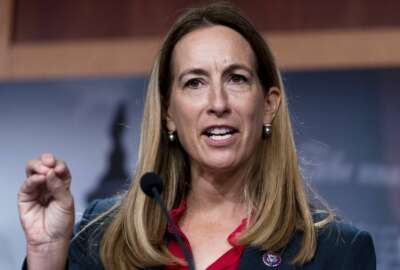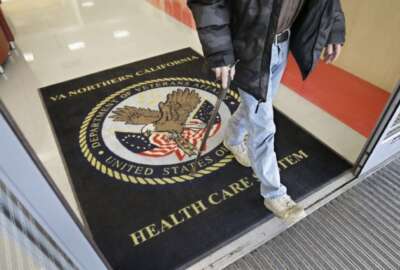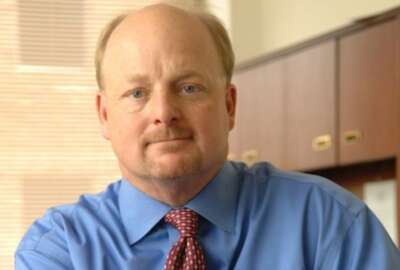NSF’s Borg leads effort to unlock scientific mysteries of Antarctica
As head of the Antarctic Sciences Section of the National Science Foundation's Division of Polar Programs, Scott Gerald Borg oversees the funding and helps plot the...

The work of Scott Gerald Borg has done much to unlock the scientific mysteries hidden in the cold desolation of the Antarctic continent. His work has helped to shed light on climate change and the origins of the universe.
As head of the Antarctic Sciences Section of the National Science Foundation’s Division of Polar Programs, Borg oversees the funding and helps plot the direction of scientific research in Antarctica. Thank’s to Borg’s leadership, the U.S. Antarctic scientific program is the largest and most prestigious on that distant continent.
Scientific advances made under Borg’s watch include the development of clean drilling technology, which collected the first clean water samples from half a mile below an Antarctic lake. The samples, which probably have been sealed below the ice for 15 million years, revealed how life might survive on other planets.
“Scott’s sustained commitment, forward-thinking leadership and strong vision in the face of numerous obstacles have both invigorated and ensured world preeminence of the U.S. Antarctic science program for over two decades,” said Kelly Falkner, director of NSF’s polar programs division.
Borg’s efforts at the bottom of the world are tops with the Partnership for Public Service, which recently named Borg as one of the finalists for the 2014 Career Achievement Medal. The award recognizes a federal employee who has made significant contributions over a lifetime in public service.
Getting to know Scott Borg
Federal News Radio asked each of the Sammies finalists five questions about themselves. Here are Borg’s responses:
What three words best describe your leadership philosophy?
Since “leadership” implies people and strong relationships — I would say the three words (or phrases) that describe my philosophy are 1) integrity; 2) shared goals; and 3) creativity.
What’s the best piece of advice (or words of wisdom) you’ve ever received and who gave it to you?
The best piece of advice that comes to mind is: Ask “why” a lot; then think critically and act thoughtfully. I’m sure this didn’t come from any one person, but these concepts are at the core of a consistent message from my parents and several teachers when I was growing up. After that, the best advice is “learn to write well” — and I have vivid memories of that from Wilma Counts, my 12th grade English teacher.
Who is your greatest role model and why?
I don’t have a greatest role model — perhaps because there’s almost never only one best way to do something. I look for lessons in all my interactions with people on the job and off.
What’s the last thing you read and what’s next on your reading list?
Last book: Neutrino Hunters by Ray Jayawardhana. Next? Maybe Our Declaration by Danielle Allen.
What would be the title of your autobiography and why?
I’m sure I’m not the type to write an autobiography. But I suppose if I did the title might be: No Mosquitoes and No Snakes — The Antarctic Is a Great Place to Work.
The Career Achievement Medal is just one of the Samuel J. Heyman Service to America Medals (Sammies) presented annually by the Partnership for Public Service. View a photo gallery of all the Sammies nominees.
Copyright © 2025 Federal News Network. All rights reserved. This website is not intended for users located within the European Economic Area.





